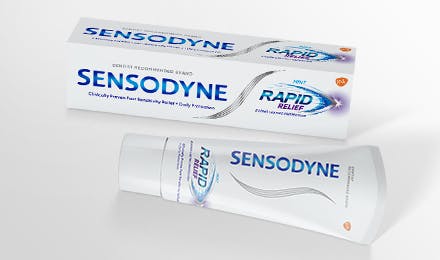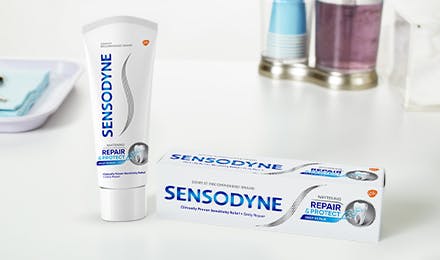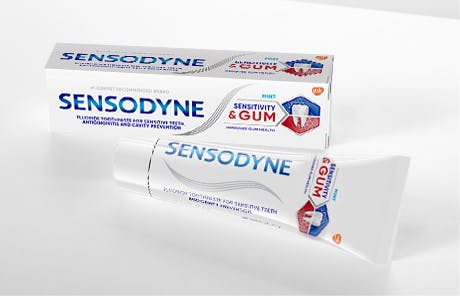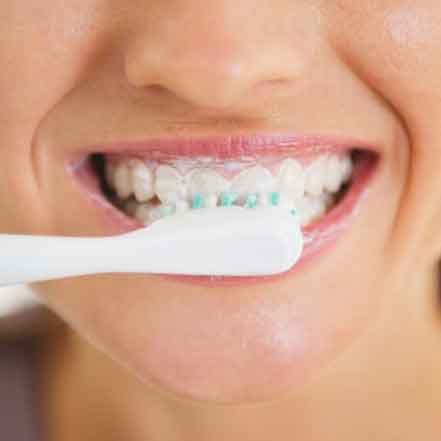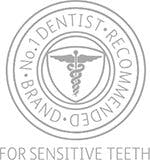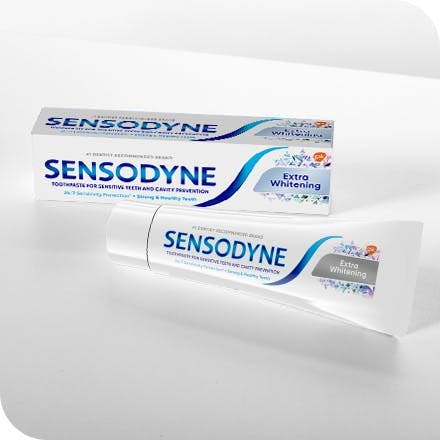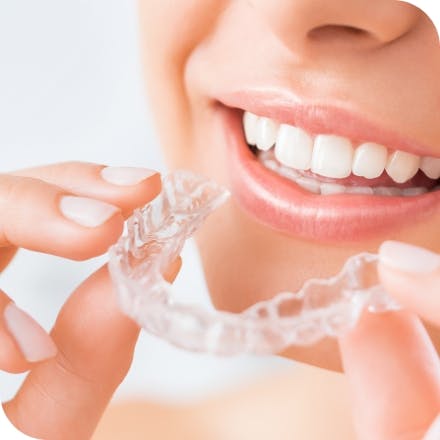Does Charcoal Toothpaste Work?
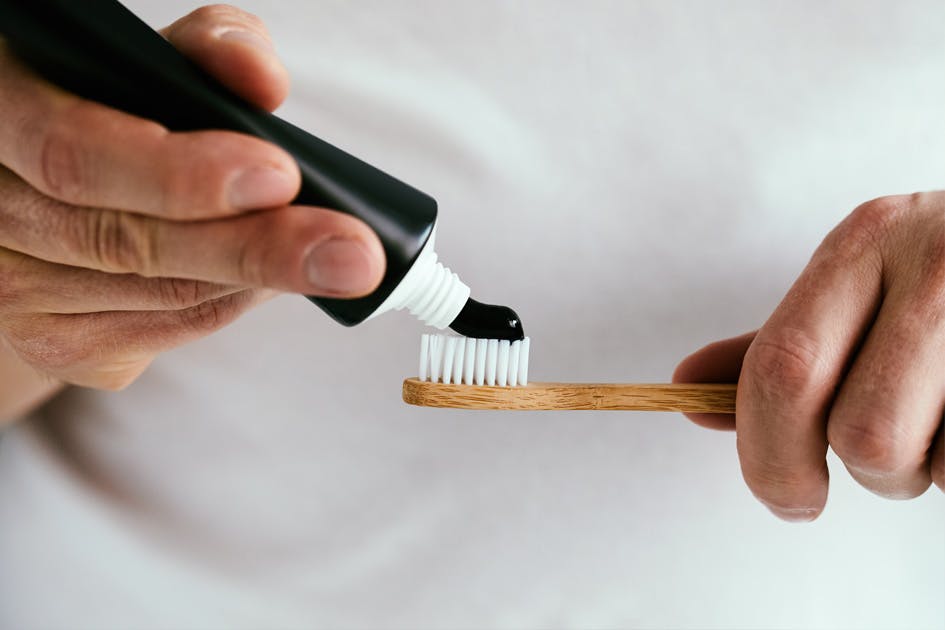
Activated charcoal has become a health trend in recent years, making its way into beauty products from face washes to hair treatments. People have embraced its natural cleansing properties, and its ability to trap chemicals and toxins.4
For that reason, charcoal has also made its way into toothpaste. The goal is to clean teeth and remove stains naturally, which can lead to charcoal toothpaste improving the whiteness of one’s teeth.3 Does charcoal toothpaste work? And is charcoal toothpaste safe to use on a daily basis?
What is activated charcoal?
Activated charcoal is comprised of a fine-grain powder made from organic high-carbon material like wood and coconut shells.5 When these elements are oxidized and heated to extreme temperatures, they turn to charcoal; after undergoing this chemical process, the resulting substance features small pores that can trap deposits and poisons.4,5
Originally, activated charcoal was developed as a poison control treatment.5, However, its ability to absorb and use as an abrasive have made it appealing for the beauty and wellness industry: by adding charcoal to facial cleansers and scrubs, users are promised skin that feels cleaner and more refined.6
It’s also an entirely natural product, and processed with minimal and age-old techniques, which is appealing to the health and wellness set.
Does charcoal toothpaste work?
According to the American Dental Association, a review of studies done on the effectiveness of charcoal toothpaste has indicated a lack of data to make a claim for safety and efficacy.2
Drawbacks of charcoal toothpaste
Critiques of charcoal toothpaste include:
- Abrasion. Charcoal has naturally abrasive properties, using charcoal toothpaste too much can result in changes to the enamel and dentin of your teeth, which may lead to tooth sensitivity.7
- Lack of fluoride. Many commercially available charcoal toothpaste options lack this fundamental ingredient that strengthens tooth enamel and protects against cavities and tooth decay.2
- Long-term effects. More studies are required before a determination can be made on the long-term effects of charcoal toothpaste.
Can charcoal toothpaste whiten teeth?
While charcoal toothpaste can remove surface stains, it cannot penetrate intrinsic stains that reside below a tooth’s hardened enamel. Other effective whitening treatments, such as hydrogen peroxide, can reach below the enamel.3
In conclusion, charcoal toothpaste can be effective at removing surface stains, but might be too abrasive for frequent use—and there are effective whitening solutions out there. Toothpaste containing activated charcoal is significantly more abrasive than other toothpastes.7
Regularly scheduled cleanings are the most effective way to maintain dental health. A fluoride toothpaste such as Sensodyne Full Protection Toothpaste can both help whiten teeth as well as relieve tooth sensitivity.*
*with twice daily brushing
Source Citations:
- How to Choose the Best Toothpaste for You. Cleveland Clinic. https://health.clevelandclinic.org/how-to-choose-the-best-toothpaste-for-you/. Accessed 5/31/2023.
- Charcoal and charcoal-based dentifrices. JADA. https://jada.ada.org/article/S0002-8177(17)30412-9/. Accessed 5/31/2023.
- Whitening. American Dental Association. https://www.ada.org/resources/research/science-and-research-institute/oral-health-topics/whitening/. Accessed 5/31/2023.
- Activated Charcoal. MedlinePlus. https://medlineplus.gov/druginfo/natural/269.html. Accessed 9/22/23.
- Activated Charcoal for Acute Poisoning: One Toxicologist’s Journey. National Insititute of Health. https://www.ncbi.nlm.nih.gov/pmc/articles/PMC2919687/pdf/13181_2010_Article_46.pdf. Accessed 9/22/23.
- Charcoal: An Ancient material with a new face. Science Direct. https://www.sciencedirect.com/science/article/abs/pii/S0738081X19301361?via%3Dihub. Accessed 9/22/23.
- Abrasiveness and whitening effect of charcoal-containing whitening toothpastes in permanent teeth. National Library of Medicine. https://www.ncbi.nlm.nih.gov/pmc/articles/PMC8404563/. Accessed 9/22/23.


